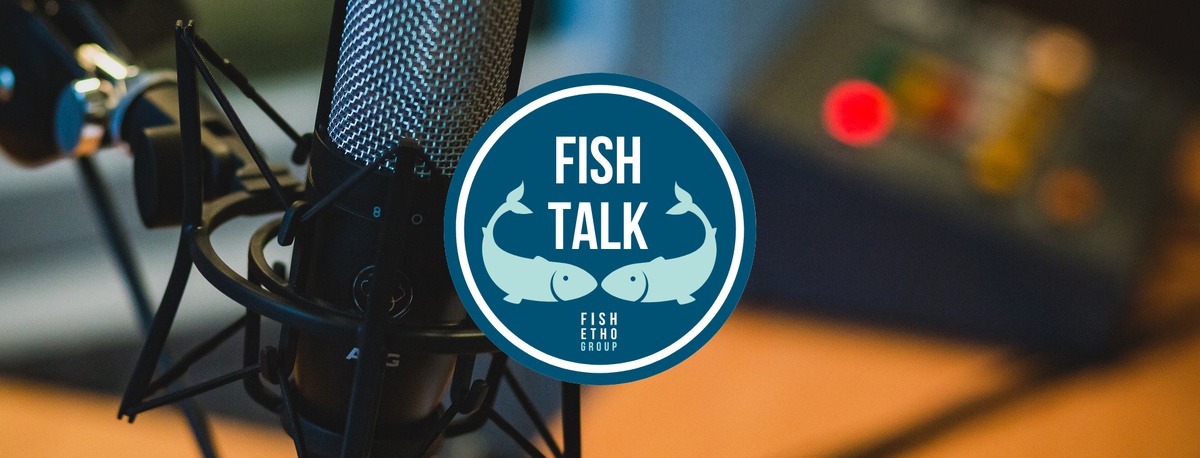Fish Five
This is our interview podcast programme, where we delve into the fascinating world of fish behavior and welfare through the perspectives of renowned scientists and experts in the field.
Each episode focuses on a key topic, with our guest sharing valuable insights in a concise and engaging format. Through five thought-provoking questions, we aim to spark curiosity, deepen understanding, and shed light on the critical issues affecting fish and their welfare.
«Episode 3»
Pain and Suffering
Have you ever wondered whether fish can experience pain, or how poor welfare conditions can affect their behaviour and overall quality of life? Understanding pain and suffering in aquatic animals is crucial not only for science, but for shaping more humane practices in aquaculture, research, and fisheries. And that’s the topic of today’s episode.
To read the episode, click here.
The Fish Mind Programme
This podcast programme focuses on the capacity of fishes to suffer, feel other affective states, and display great cognition abilities. The idea is to present this important information in an informal dialogue of a few minutes. The programme is composed by independent episodes or by series of podcasts about the same theme if it needs more time to be explored. The Fish Mind is part of a project that results from a collaboration with Centro de Aquicultura da Unesp (Caunesp) in Brazil.
«Fish Feel: Environmental Enrichment»
English
Did you know that, just like us, fishes actually enjoy a more stimulating environment? Adding a little environmental enrichment can really make a big difference in how they behave—and in their overall welfare!
To read this episoded, click here.
Portuguese
Você sabia que, assim como nós, os peixes realmente apreciam um ambiente mais estimulante? Adicionar um pouco de enriquecimento ambiental pode fazer uma grande diferença no comportamento deles — e no bem-estar geral!
Para ler este episódio, clique aqui.
The fair-fish database Programme
The idea of this program is to provide information about farmed and wild-caught aquatic species, focusing on their natural needs, behaviors, farming conditions, and welfare risks in fisheries; all this in just a few words - less than 3 min. Thus, the programme is composed of series of very brief podcasts focused on fish species with profiles already published in the fair-fish database, the first online database to assemble ethological knowledge of farmed and fished aquatic species.
«Series 20»
Hoven’s carp (Leptobarbus hoevenii)
Did you know that natural populations of this carp have declined over the years due to human activities such as dam construction and overfishing?
To read this episode, click here.
Mud carp (Cirrhinus molitorella)
Did you know that Mud carp produces a low mating call during breeding, often accompanied by bubbles rising to the surface?
To read this episode, click here.
Smallscale mud carp (Cirrhinus microlepis)
Did you know that it is one of the most important fish for regional fisheries and local communities in Thailand, Laos, Cambodia, and Vietnam?
To read this episode, click here.


